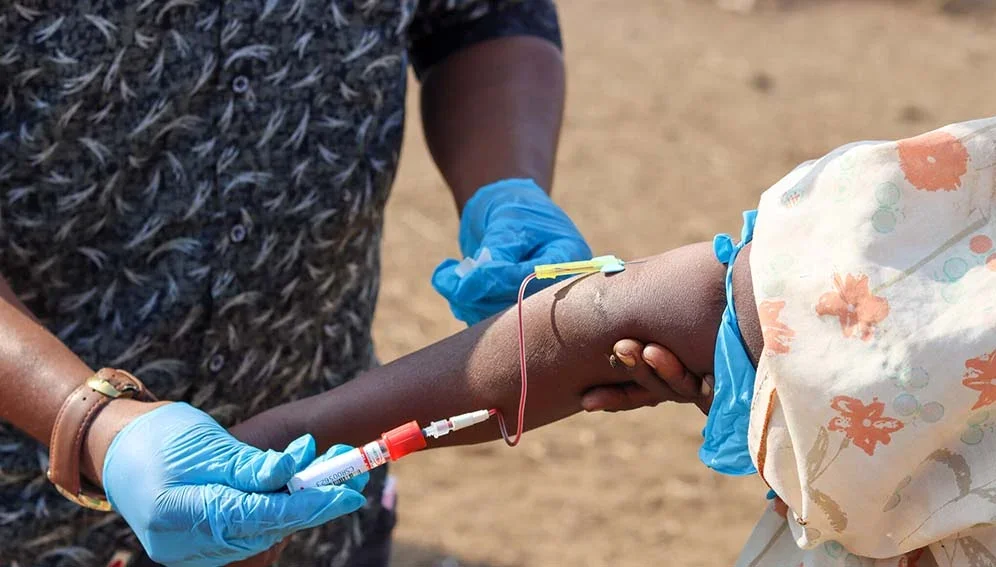A recent, severe outbreak of Rift Valley Fever (RVF) has caused significant casualties in West Africa. The World Health Organization confirmed on Wednesday that between September 20 and October 30, the virus tragically killed 42 people and sickened more than 400 across Mauritania and Senegal.
The virus has also imposed a heavy toll on the region’s livestock population. Authorities confirmed that 200 animals in Mauritania and 176 in Senegal tested positive for the disease. This dual impact on human and animal health poses an immediate crisis.
Understanding RVF Transmission and Human Risk
RVF is classified as a viral illness. It is primarily transmitted by mosquitoes, and it mainly affects domestic animals, including goats, sheep, and cattle. However, the virus can also infect humans. This often occurs through direct exposure to the airborne bodily fluids or organs of infected animals, particularly during slaughter or handling. Direct human-to-human transmission has not been reported.
The impact of RVF on human health varies widely. For most individuals, the infection manifests as a mild, flu-like illness that resolves within a week. Nevertheless, in a small percentage of severe cases, the disease can escalate rapidly. It can progress to cause life-threatening complications, including:
- Encephalitis: Inflammation of the brain, leading to severe neurological symptoms.
- Hemorrhagic Fever: A severe form characterized by bleeding and liver impairment, which carries a high fatality risk.
Economic and Agricultural Consequences
The virus carries a significant financial burden that extends beyond healthcare. RVF severely impacts agricultural communities due to its effects on livestock. High rates of death and abortion are commonly observed among infected animals, resulting in substantial economic losses for farmers.
While effective vaccines are currently available for protecting animal populations, no vaccine has yet been formally licensed for use in human populations. This reality complicates the public health response during outbreaks.
Urgent Need for Coordinated Response
The current outbreak in Mauritania and Senegal is considered unusual both for its scale and severity. Both countries are classified as endemic zones for the disease. The virus tends to proliferate during environmental conditions favorable to mosquito activity, such as periods of heavy rain and flooding.
The severity of the situation is leading to a strong push for enhanced cooperation between health, veterinary, and environmental sectors a strategy known as the “One Health” approach.
This collaboration is deemed essential for effective preparedness and response. Authorities emphasize the need for enhanced surveillance, strict movement controls on livestock, and targeted public awareness campaigns to prevent further spread of the deadly disease.
NIS to Replace ETC with Single Travel Emergency Passport (STEP)




















